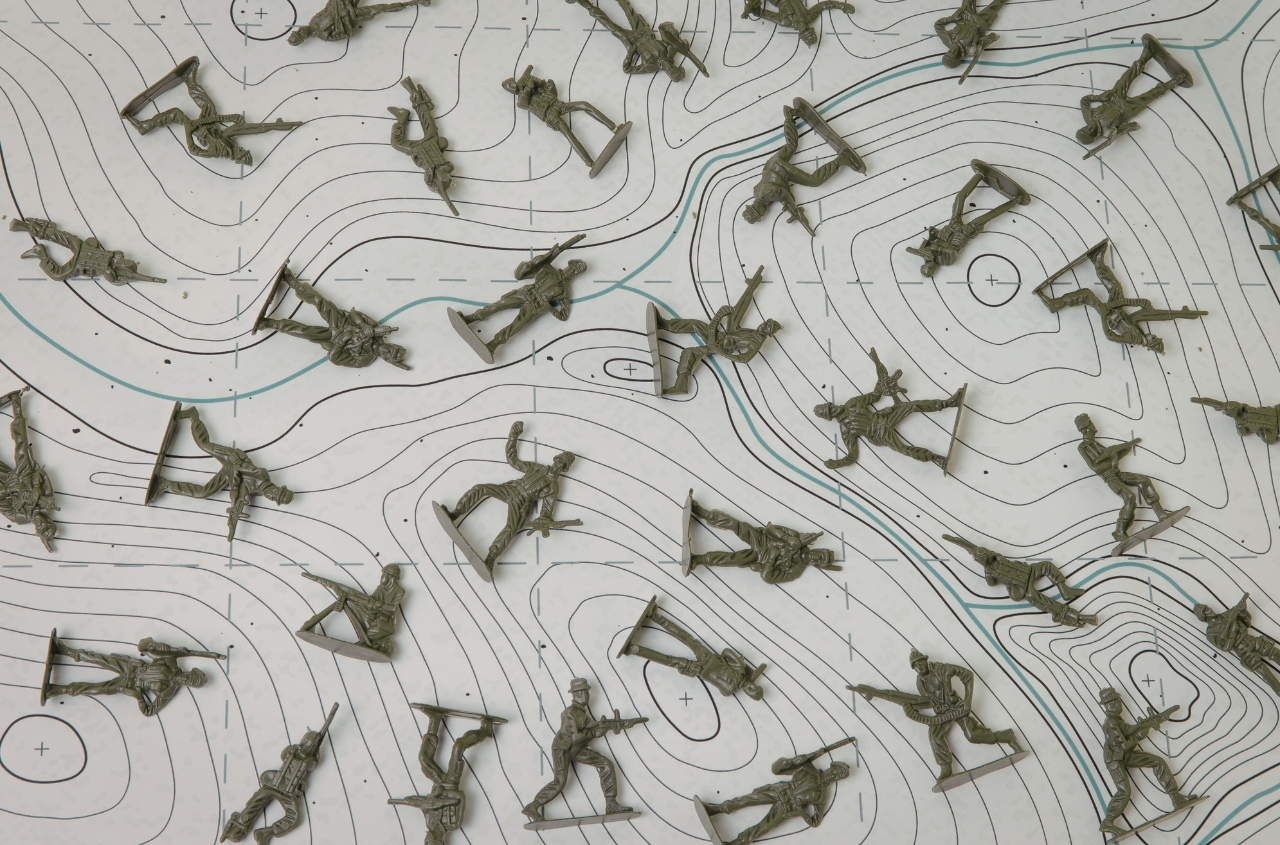The first London hackathon for defense technologies brought together leaders in technology, venture capital, and national security to develop innovative solutions. In addition to traditional military armaments, the new technological project, which took place over the weekend, aims to strengthen Ukraine's capabilities in its war against Russia, TechCrunch reports.
The hackathon was organized by Alex Fitzgerald of Skyral and Richard Pass of Future Forces. The event attracted hardware and software developers with the support of Honourable Artillery Company, Apollo Defense, Lambda Automatam D3 VC, and others. The main focus was on drones and their application on the battlefield, as well as electronic systems for their control and destruction. The goal of the hackathon was to engage people who had not previously been involved in defense technology.
According to experts cited by the publication, this war differs significantly from previous ones. Today, drones and electronic warfare systems have become much more important, as Ukraine seeks to repel the aggression of Russia, a significantly stronger aggressor, using asymmetric methods. Fitzgerald explained that one of the main goals was to involve people who traditionally did not engage in defense issues, neither in development nor in investment:
"We’ve got people like the NATO Innovation Fund, the UK National Security Strategic Investment Fund. So yeah, it’s a mix of people who already invest in defense or who haven’t thought about investing before"
He chose the format of a hackathon because "the focus is on getting stuff done. Get actual builders, not to just talk about building, because that’s actually where most of the innovation is happening."
Katarina Buchatsky of Apollo Defense, who was born in Ukraine, emphasized the importance of addressing real problems her country has faced. She highlighted the importance of hackathons in stimulating innovation and engaging various military stakeholders.
NATO was also represented at the hackathon in the form of an investment fund with a budget of one billion euros for investing in defense technologies over the next few years. This demonstrated the alliance's focus on innovation in European defense. The fund's partner, Patrick Schneider-Sikorski, emphasized the fund's focus on collective defense and resilience solutions.
HCVC investor Alex Flamant emphasized the importance of investing in European defense technologies and the need to make this market more understandable for young entrepreneurs. Hackathon participants sought to help address security issues such as drone detection and monitoring.





















